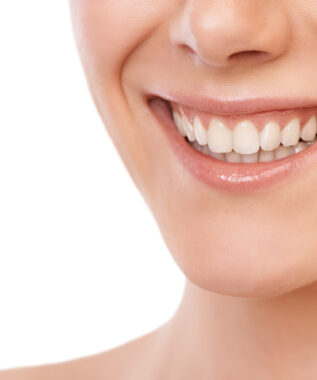 Before general and restorative dental care became as advanced as it is today, extracting teeth that were substantially damaged or developed tooth decay was a more common procedure. Today, even severe cases of damage or infection to your tooth structure can often be successfully resolved with a highly lifelike restorative dental treatment. However, that doesn’t mean that tooth extraction is no longer a necessary dental treatment, or that all cases of compromised teeth can be successfully saved. If a tooth has to be extracted, then it’s typically best to do so as soon as possible, and to plan on replacing the tooth to fully restore your oral health and bite function.
Before general and restorative dental care became as advanced as it is today, extracting teeth that were substantially damaged or developed tooth decay was a more common procedure. Today, even severe cases of damage or infection to your tooth structure can often be successfully resolved with a highly lifelike restorative dental treatment. However, that doesn’t mean that tooth extraction is no longer a necessary dental treatment, or that all cases of compromised teeth can be successfully saved. If a tooth has to be extracted, then it’s typically best to do so as soon as possible, and to plan on replacing the tooth to fully restore your oral health and bite function.
When should a tooth be extracted?
The need for tooth extraction isn’t always the same for everyone, and it can arise from a variety of different reasons. For example, a tooth that’s damaged so extensively that it can’t support a custom restoration, such as a dental crown, will negatively impact your bite function as well as pose a threat to surrounding oral tissues. If the fracture reaches the tooth’s root, then there will be no way to fix it and save the tooth. Because tooth extraction is recommended only for extreme cases, your dentist will first thoroughly examine your oral health to determine if the tooth can be saved by other means.
Do all extracted teeth need to be replaced?
When a tooth does need to be extracted, your dentist will weigh the recommendation for tooth extraction against the potential consequences of losing the tooth. This can include a discrepancy in your bite’s balance and increased pressure on one or more of your teeth, which could lead to them becoming damaged or compromised, as well. The best way to avoid the consequences of losing the tooth is to have the extracted tooth replaced as soon as possible with a highly lifelike prosthesis.
The point of replacing it as soon as possible
After extracting a tooth, its loss will begin to impact other areas of your oral health almost immediately. One of the most notable of these impacts is the reaction that your jawbone structure exhibits when it loses one or more teeth roots. Your healthy, natural teeth roots are important to stimulating your jawbone and maintaining a proper flow of nutrients to the bone structure. The sooner you replace the extracted tooth with a dental implant restoration, the greater chance o you have of mitigating this impact to your smile’s foundation.
Learn more about tooth extraction and replacement
Tooth extraction is only a solution for extreme cases, when a tooth can’t be saved. To fully restore your smile, it may need to be followed by a lifelike tooth replacement as soon as possible. To learn more, schedule an appointment with us by calling Dreem Dentistry in Leawood, KS, today at 913-681-5500. We also serve patients who live in Overland Park and all surrounding communities.






